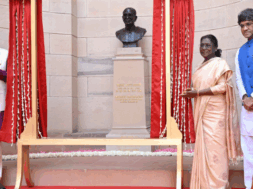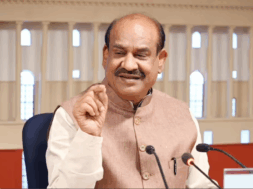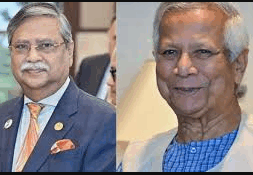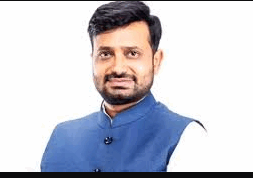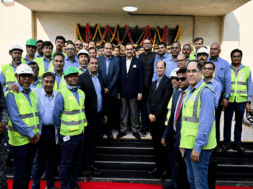
Fintech: India attracted $31 bn in 10 years; needs more cybersecurity, says PM Modi
Virendra Pandit
New Delhi: Prime Minister Narendra Modi on Friday said India’s robust financial technology (fintech) sector has attracted nearly USD 31 billion of investment in the last 10 years and more is expected, as he asked the Reserve Bank of India (RBI) to enhance cyber security and digital literary to effectively combat cyber frauds.
“I have a few expectations from the regulator. We must take bigger steps to counter cyber fraud and promote digital literacy, and ensure that cyber fraud does not become a barrier to the growth of startups and fintechs,” he said while addressing the Global Fintech Festival in Mumbai in the presence of RBI Governor Shaktikanta Das and others.
In the last 10 years, India has witnessed an increase of 500 percent in fintech startups. Affordable mobile phones, data, and zero balance accounts under the Pradhan Mantri Jan-Dhan Yojana (PMJDY) have done wonders, he added.
PM Modi said earlier critics questioned the scope of digital transactions in the country, citing a lack of bank branches, no major presence in villages, and limited access to electricity and the internet. However, within a decade, India’s broadband users have grown from 6 crore to 94 crore. Most people above 18 years of age have an Aadhar card, and 53 crore people have Jan Dhan accounts.
The trinity of the Jan-Dhan, Aadhar, and mobile phones (JAM) has accelerated our digital payments landscape to such an extent that almost half of the global real-time digital transactions happen in India, whose homegrown Unified Payments Interface (UPI) has become a shining example of fintech innovation globally.
Earlier, banks were restricted to one building, at one point, but lenders have now moved to customers’ phones. Demat accounts are now being opened directly from home, while individuals are also getting investment advice, healthcare services, and studying and learning materials remotely. This would not have been possible without the help of fintech.
The Centre has launched a Rs. 1 lakh crore fund for research and innovation, PM Modi said, adding the regulator should now focus on promoting digital literacy and tackling cyber frauds.
More than Rs. 27 lakh crore of credit has been delivered to date under Mudra, the “biggest” microfinance scheme, and 70 percent of its beneficiaries are women borrowers, he said.
Fintech has democratized financial services in the country by making loans, credit cards, investments, and insurance widely accessible, he said, adding the sector’s adoption is “unmatched.”
India’s fintech revolution has enhanced the dignity and quality of life for Indians, he said, adding that companies have made credit access easier and more inclusive.
Earlier, investments in equity markets and mutual funds were limited to big cities but are now being explored in semi-urban and rural areas because of new-age players, said PM Modi, adding that the time taken to open demat accounts has reduced significantly.
Fintech’s achievement is not limited to innovation but extends to adoption. “The scale and speed at which India’s population has adopted fintech is unmatched,” he said, adding that the Digital Public Infrastructure (DPI) and fintech companies deserve a lot of credit for this.
“Fintechs have made amazing innovations to create trust among the population for the DPIs. Integrating QR codes with sound boxes is one such innovation. The journey from currency to QR codes took ages, but now we see innovation every day.”
Technologies like ‘Digital Twins’ will take data-based banking to the next level by improving risk management, fraud detection, and customer experience.
“Today, more than 530 million people have Jan Dhan bank accounts. Over the past ten years, we have successfully integrated the banking system with a population equivalent to that of the European Union,” he said about the government’s financial inclusion program that completed 10 years this week.
The Jan Dhan has become one of the largest platforms for women’s empowerment, having facilitated the opening of 290 million bank accounts for women.
Indian banking works 24/7 throughout the year. Even during Covid-19, India was among the countries where banking services remained uninterrupted.




